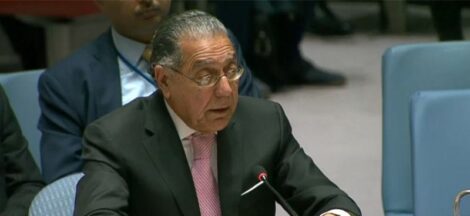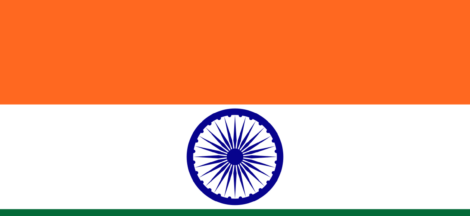
The change in the Centre’s Covid vaccination policy, announced by PM Modi in his address to the nation, comes a week after the government faced some tough questions from the three-member bench of the Supreme Court, headed by Justice DY Chandrachud, which had on May 31 flagged “various flaws” in the inoculation drive, criticising aspects such as differential pricing, shortage of doses, and a lack of access in rural India.
On May 31, the bench of Justices DY Chandrachud, LN Rao, and S Ravindra Bhat had observed, “Your rationale was high mortality in the 45+ group (but), in the second wave, this group is not seriously affected…it is 18-44. If the purpose is to procure vaccines, why should the Centre procure only for those aged over 45?”
It was hearing a suo motu case on Covid-19 management in the country. The court asked why states were required to pay more for the vaccines under the Centre’s new “liberalised” policy which allowed states to buy up to 50 per cent of their needs directly from manufacturers, although at prices higher than what the Centre had to pay.
The court, in its detailed order, asked the Centre to revisit the new policy, calling it prima facie “arbitrary” and “irrational”. It sought a roadmap of the availability of vaccines till December 31, along with the details of the Rs 35,000 crore set aside in the Union budget to buy doses. The bench wanted a comparison of vaccines’ prices in India and abroad. It also asked for documents and file notings related to the Centre’s new policy.
When the Centre asked the Supreme Court to keep off policy-making, it refused to be a “silent spectator” when executive policies infringed constitutional rights.
“Let me tell you from my experience as a Judge — the ability to say that you’re wrong is not a sign of weakness, but a sign of strength,” Justice Chandrachud had said.
The next hearing of the Supreme Court on the matter is on June 30.




 RSS, BJP bosses still clueless on how to deal with Yogi
RSS, BJP bosses still clueless on how to deal with Yogi 